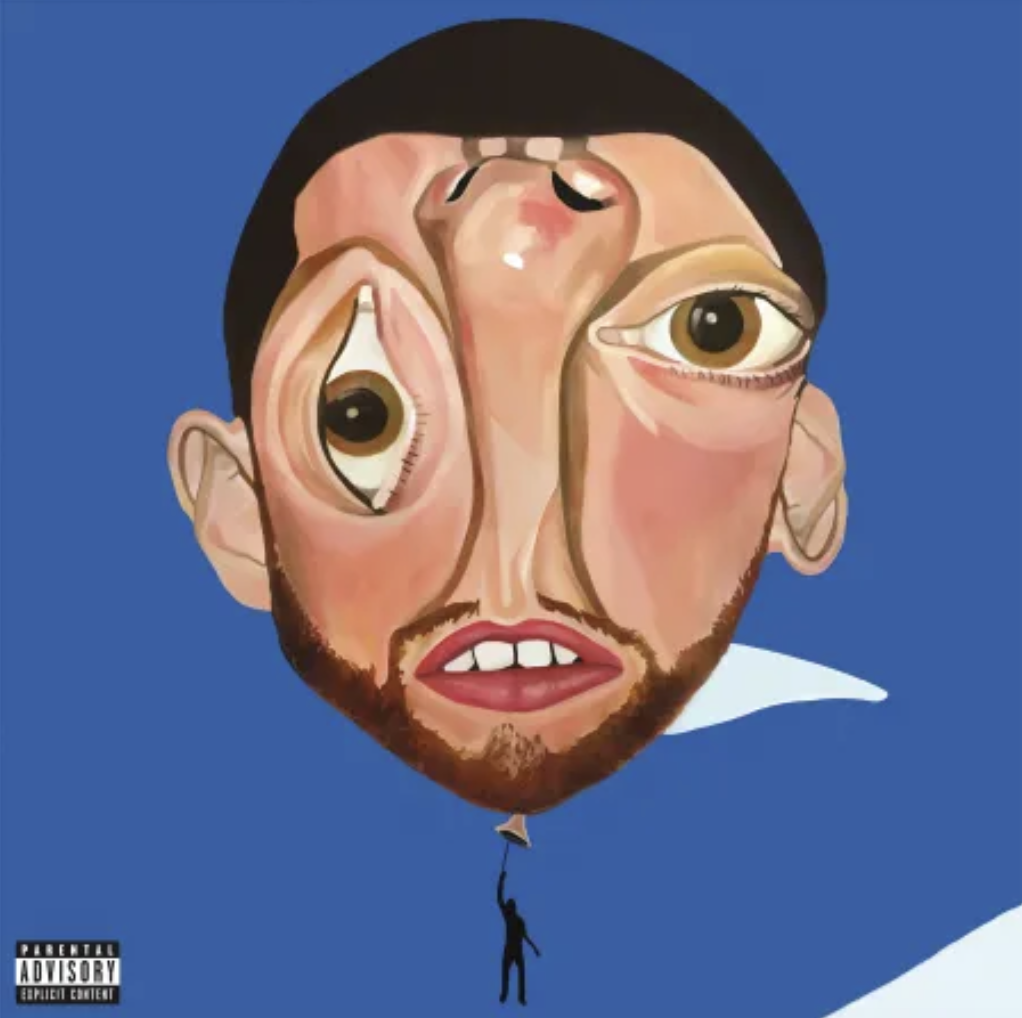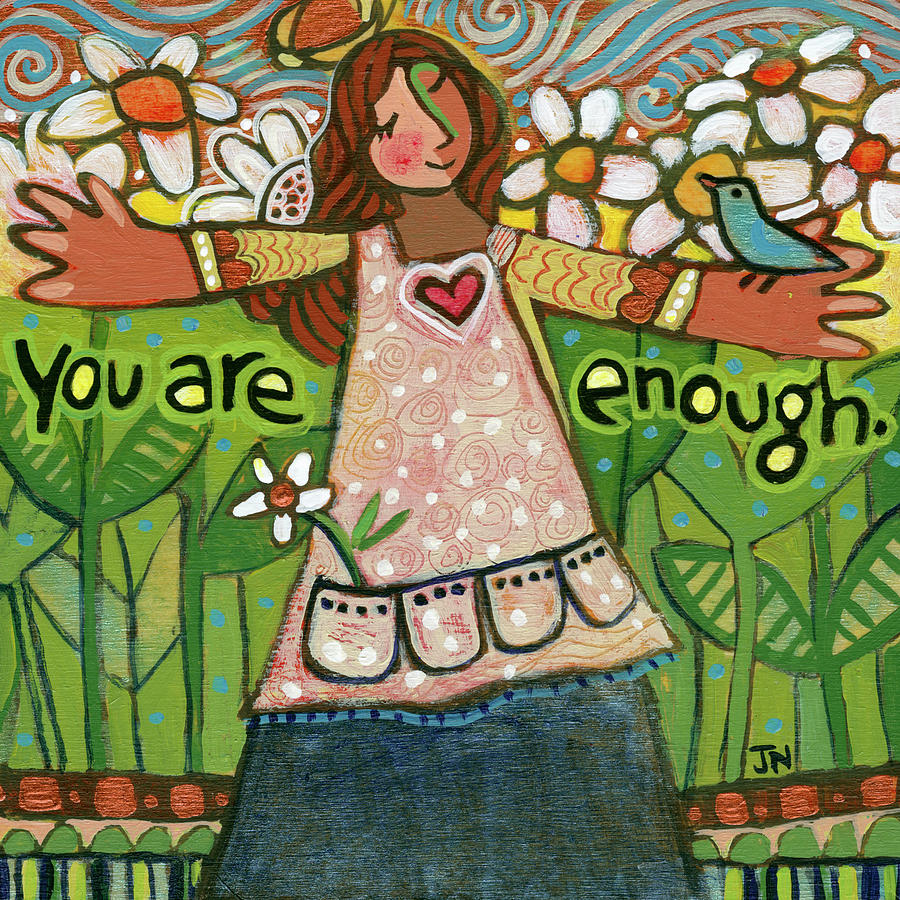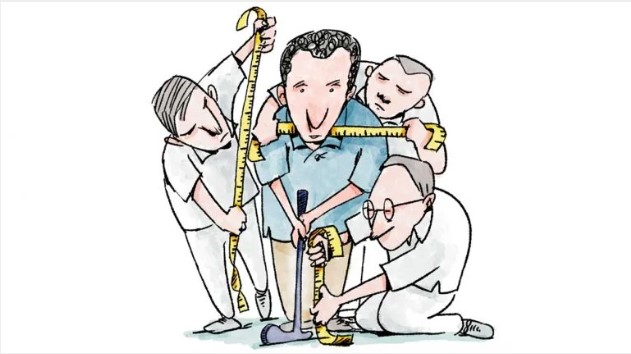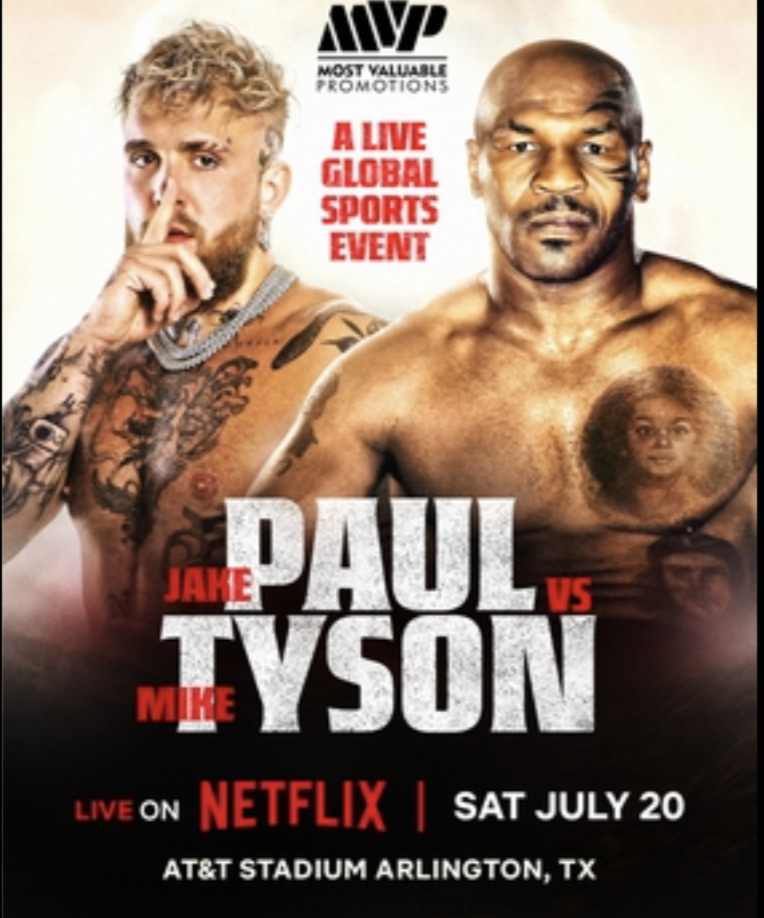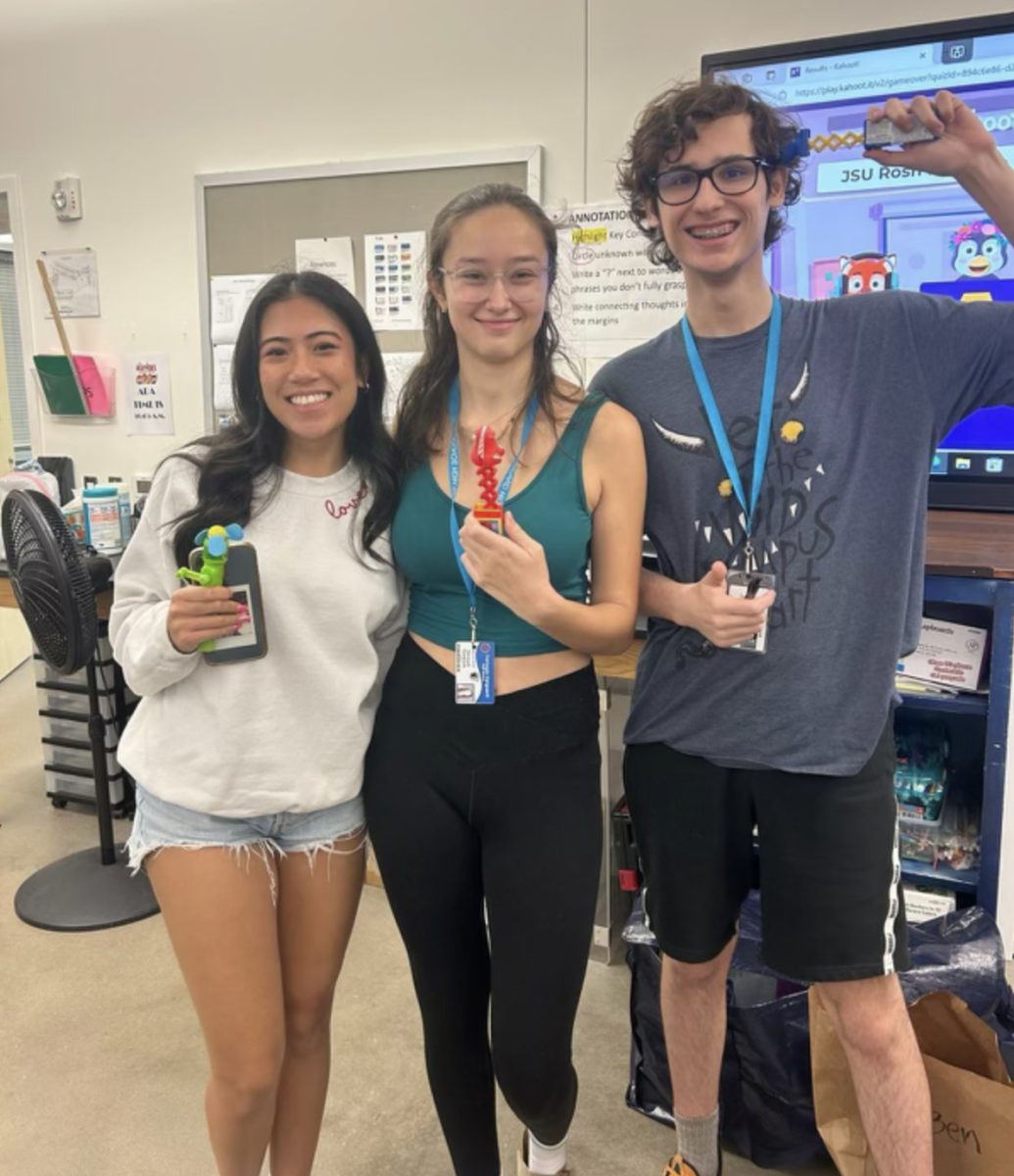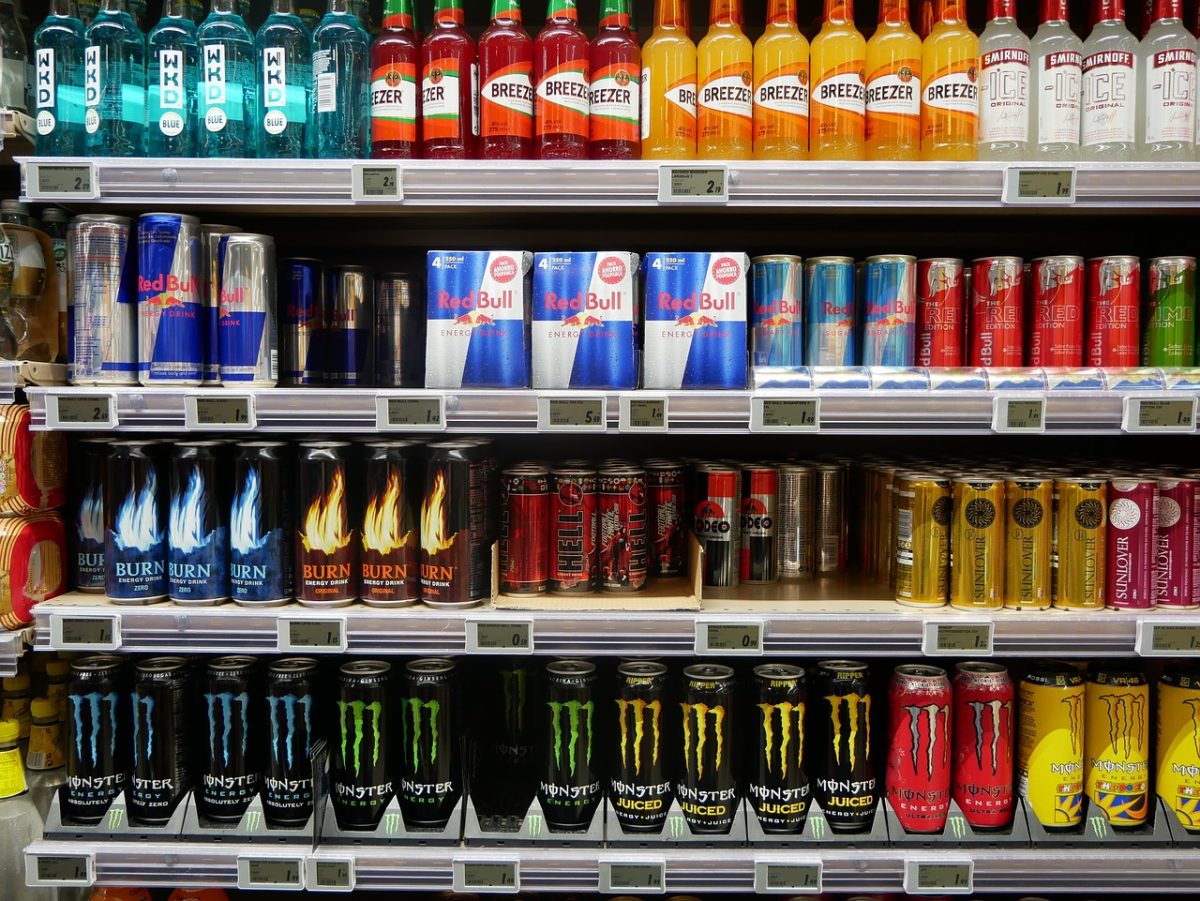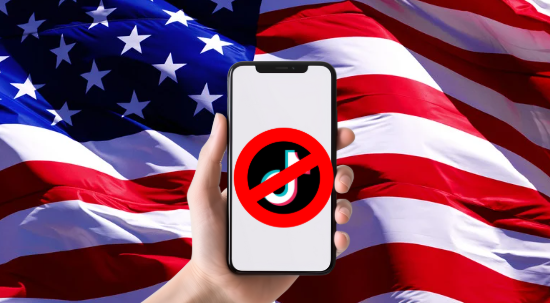
TikTok: the digital black hole where hours feel like seconds, trends come and go faster than your New Year’s resolutions, and somehow you know too much about Midwest homesteading. For 14 glorious (or horrifying, depending on your screen time stats) hours, TikTok experienced a temporary ban for US citizens, sending all of Gen Z into a collective existential crisis. The blackout was brief; just a few days after the Supreme Court’s decision and immediately after taking office, President Trump issued an executive order to delay the enforcement of the ban for 75 days, I know a lot of you thought you would have it forever.
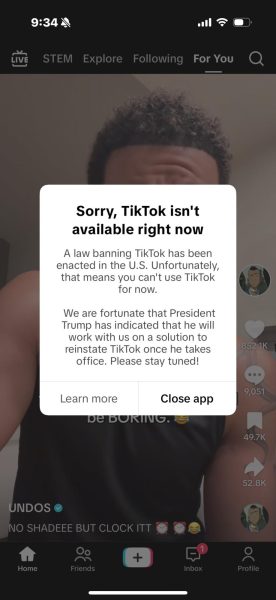
For those of you who weren’t consistently opening the app like someone on My Strange Addiction chaos was the only option. People flooded Instagram for confirmation that their greatest fear had come true: that they’d have to face the silence of their minds.
Honestly terrifying.
Spoiler alert: TikTok came back, stronger than ever, and ready to stimulate our brains with people panhandling money from 10 years on TikTok lives, AI filters that turn you into a dancing chicken, and yet another “What I Eat in a Day” video from someone who eats nothing but cucumber slices and well vibes.
In those 14 TikTok-less hours, the world did not implode. Shocking, I know. So here are some reasons why I think the TikTok ban in the US coming in less than 75 days may not be such a horrible thing:
1. Many people look up from their phones
Somewhere in the suburbs, a teenager saw a sunset for the first time in a while and probably thought, “That looks just like a filter.” And honestly? They probably hadn’t seen one in a while. A Pew Research Center survey found that 95% of teens have access to a smartphone, and 63% of Gen Z admitted to spending “too much” time on their phones. Maybe it’s time for society, more specifically the younger generations to touch the grass.
2. Chores finally got done
You’d be shocked to learn what one can accomplish when you’re not watching someone lip-sync to the same Drake song for the 47th time. A study from St. Cloud Technical & Community College found that increased screen time, especially on TikTok, leads to higher rates of procrastination and lower productivity. Dishes were washed, laundry was folded and someone out there finally put the IKEA furniture together.
3. People faced their fears (real-life conversations)
Without TikTok, people were forced to talk to each other. Sure, it may have been awkward at first. According to Pew Research, 97% of teens use at least one major online platform, with many preferring digital communication over physical interactions. But soon, we remembered how to string together coherent sentences and have real face-to-face experience.
4. Sleep (more than a few hours)
Imagine this: you go to bed without getting sucked into “5 Things You’re Doing Wrong in Life, According to a 17-Year-Old with a Ring Light.” According to the American Academy of Sleep Medicine, 93% of Gen Z has lost sleep because they stayed up past their bedtime to scroll through social media. Suddenly, you are getting a full eight hours and waking up without the insistent need to throw your alarm clock across the room. Pretty strange.
5. Intelligence (Yes, It Exists)
Without TikTok bombarding us with a 15-second take on world events, people have to read articles, not just a slideshow of screenshots on a sped-up storytime video. Stanford University researchers found that heavy TikTok usage contributes to shorter attention spans, making it harder for people to focus on longer-form content like books or articles.
6. Scams No More
For 14 hours, nobody was tricked into buying a $60 Stanley dupe that turns out to be a glorified sippy cup. No one sent their life savings to an influencer promising to “flip” their money. The Better Business Bureau reported a 900% increase in online scams linked to TikTok trends from 2021 to 2023. For a brief moment, the world was free from 12-year-olds emptying their parents’ wallets on NPC streamers saying “Ice cream is so good.”
7. Form Your Own Opinion (For Once)
Without TikTok telling you what’s cool, what’s lame, and how you should feel about literally everything, people have to think for themselves. Pew Research Center survey found that nearly half of U.S. teens say they’re online almost constantly, meaning platforms like TikTok heavily influence their opinions and behaviors. Maybe you realized you don’t actually like that overhyped skincare brand, or that you enjoy a song before it’s been used in 500,000 edits.
Wild.
8. Unrealistic Standards Took a Breather
For a while, we weren’t bombarded with beauty-enhancing filters making us feel bad about ourselves or influencers pretending their life is perfect day to day when in reality, they’re also just rotting in bed watching Netflix. The Royal Society for Public Health found that TikTok is the worst social media platform for mental health, with filters and beauty standards contributing to increased body dissatisfaction in 67% of young users.
So let’s face it we are all a little (very) addicted to TikTok. It’s not just a platform; it’s a lifestyle! Maybe this unplanned detox was a much-needed reminder that there’s life beyond the endless doom scroll.
The ban might have truly felt like the end of the world, but it’s just a reminder to go outside, touch some grass, breathe some fresh air, and, I don’t know, maybe learn an actual skill or two. Or don’t. Who am I kidding? See you in the comment section of the next viral video of a cat dancing with Charli Damielio…


